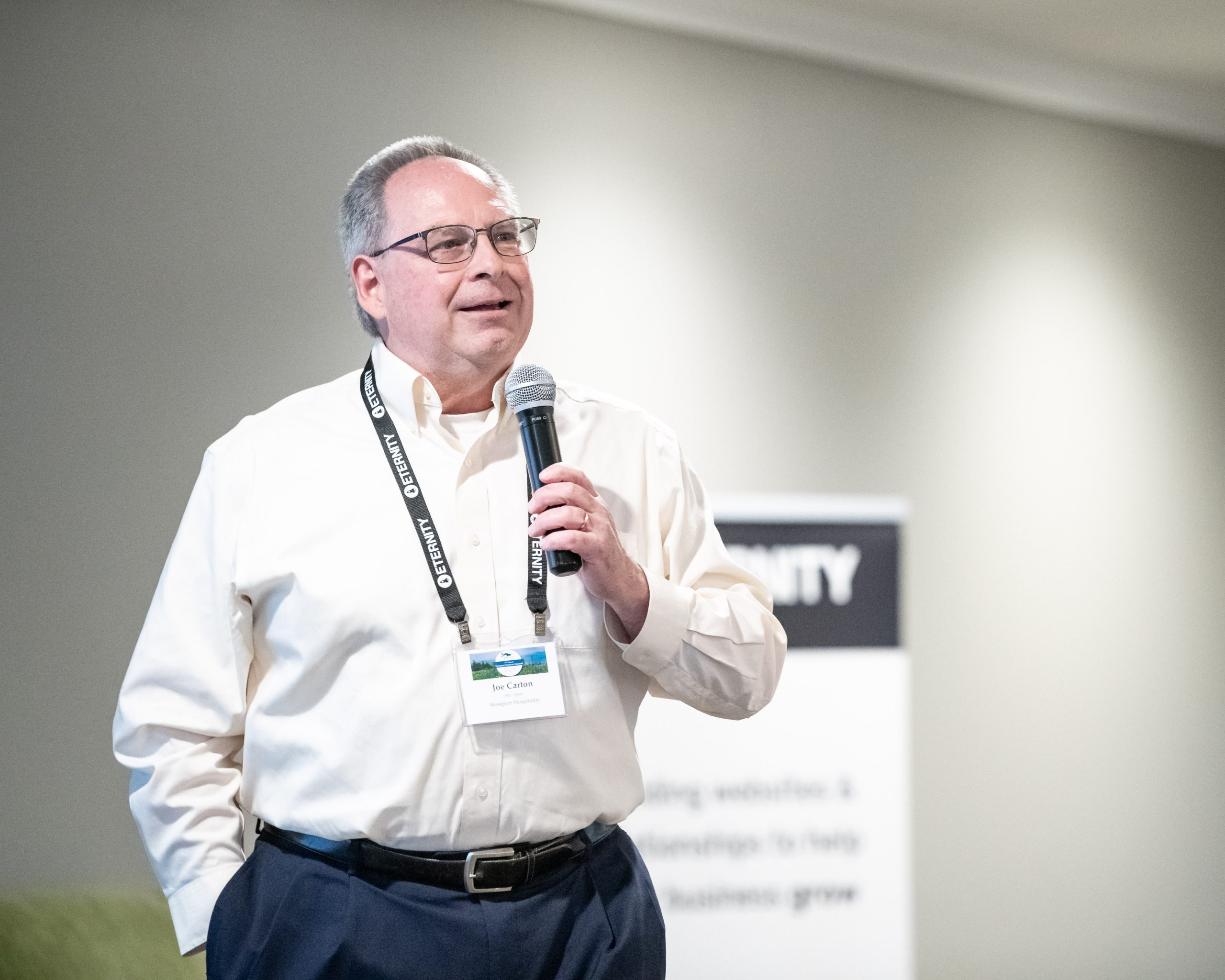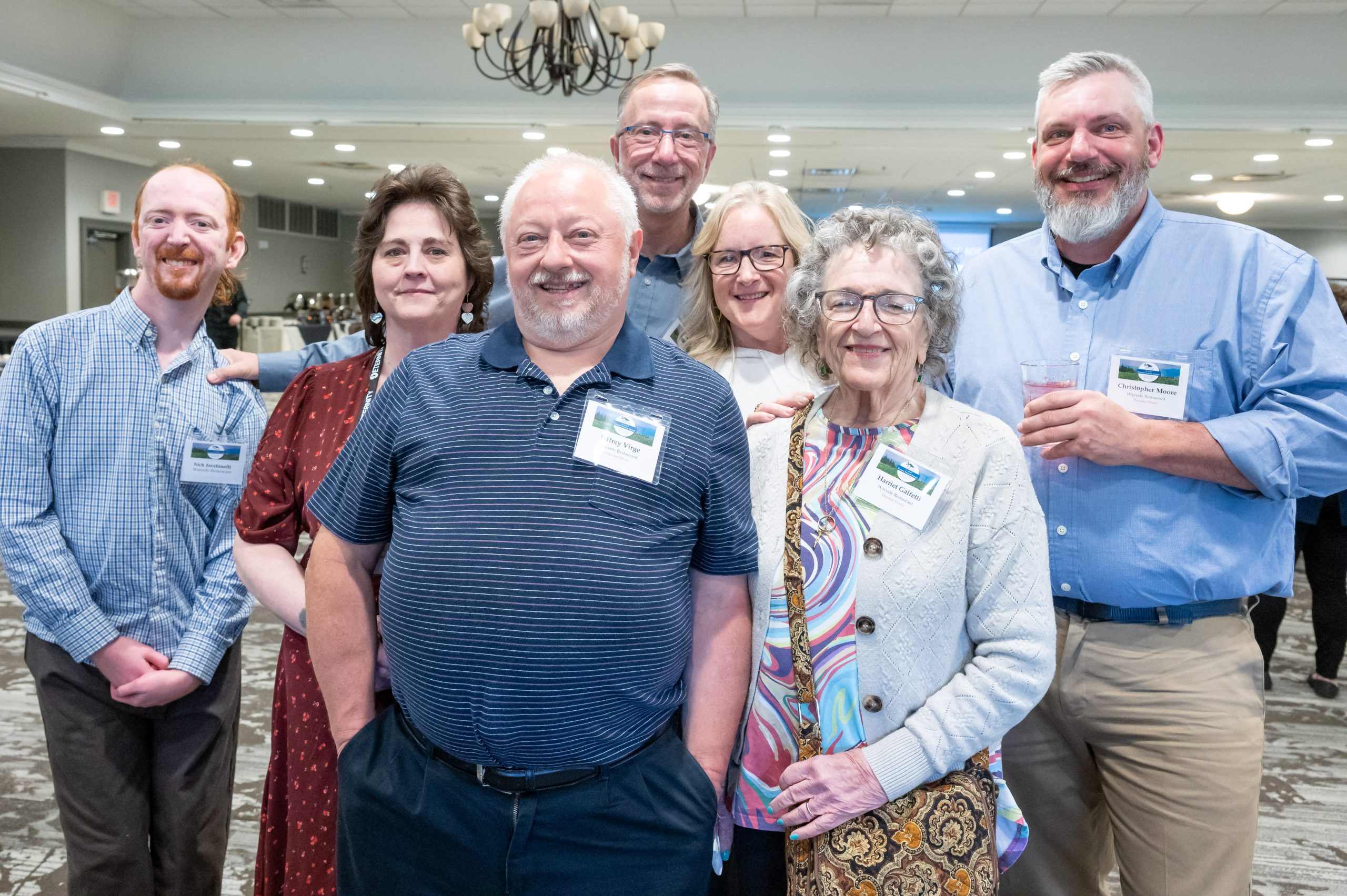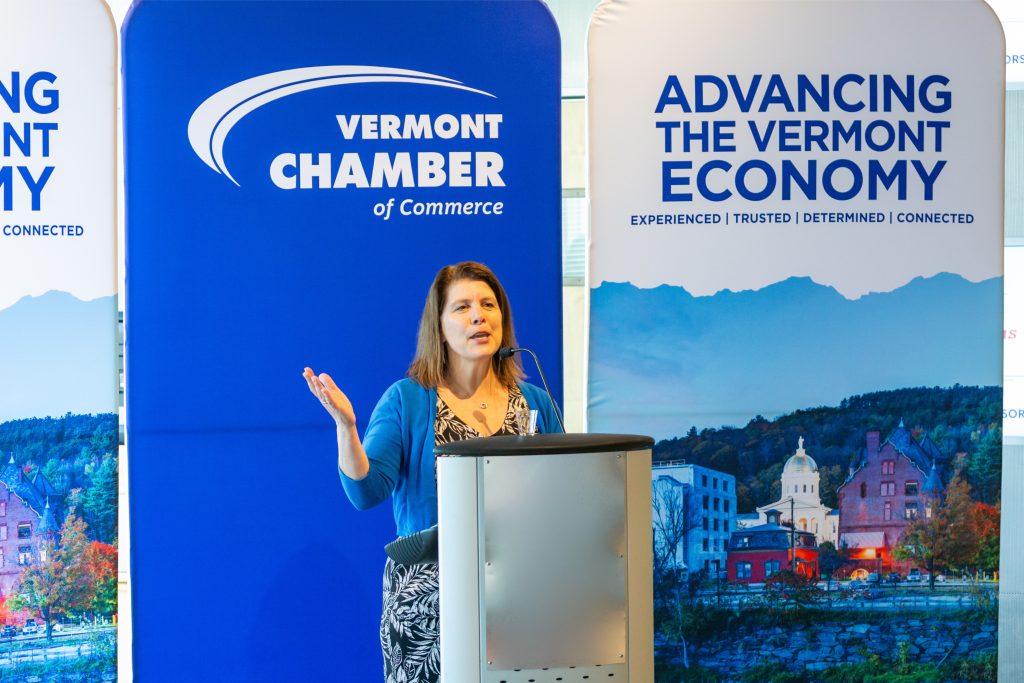Vermont Tourism Summit Celebrates Industry Excellence and Innovation at 39th Annual Event
Outstanding achievements and innovations within Vermont’s tourism and hospitality sectors were honored at the 39th annual Vermont Tourism Summit. Several industry leaders received awards recognizing their outstanding contributions to culinary arts, sustainable practices, community engagement, and the future of tourism in Vermont.
Emerging Tourism and Hospitality Leaders: This recognition celebrates the innovative minds that represent the future of Vermont’s tourism and hospitality industries. These individuals bring fresh ideas, enthusiasm, and a forward-thinking approach to challenges and opportunities. The 2024 honorees:
- Tom Carton, Strategy and Operations Manager, Hello Burlington
- Lisa Davis Mitchell, Executive Director, Town Hall Theater Middlebury
- Nick Edwards, Social Media Manager, Hello Burlington
- Mollie Faccio, Marketing Brand Manager, Woodstock Inn & Resort
Vermont Hospitality Excellence Award: This award honors a Vermonter who exemplifies exceptional service and excellence in the culinary arts and hospitality; Jeffrey Raymond Virge, Chef, Baker, and Manager at Wayside Restaurant, Bakery, and Creamery. Jeff has been a cornerstone of the Wayside since 1975, providing warm welcomes, cultivating local relationships, and offering farm-fresh dishes. His culinary talents have been nationally recognized on the Discovery Channel’s “Road Trip Show” and in the New York Times, and locally by Seven Days. Under his leadership, the Wayside’s maple cream pie was named “Vermont’s Iconic Pie” by the Food Network. Jeff’s dedication, hard work, and inspiration have made him a culinary gift to Vermont.
Vermont Tourism Leadership Award: Honoring the outstanding achievements of leaders who have significantly contributed to the promotion and enhancement of tourism in Vermont, this year’s recipient is Joe Carton, COO of Westport Hospitality. Joe’s career spans over 40 years, starting in ski industry group sales and leading to the management of multiple high-profile properties, including the state’s first LEED-certified hotel. Joe has been instrumental in establishing numerous initiatives and mentoring countless hospitality professionals. His retirement marks the end of an era, but his legacy will continue to benefit Vermont.
Award recipients were selected by a panel of judges representing the tourism and hospitality industry. Honorees for the 2025 awards will be recognized at the 40th Annual Vermont Tourism Summit which is scheduled for April 28-30, 2025 at Hotel Champlain in Burlington, Vermont. Learn more about the nomination process and award criteria at vttourismsummit.org/awards.html.
Photos courtesy of Bobbi LoCicero.













